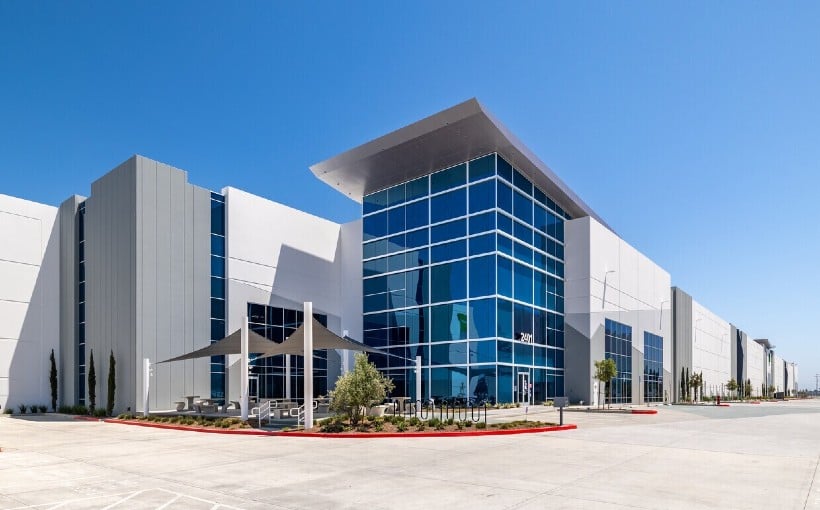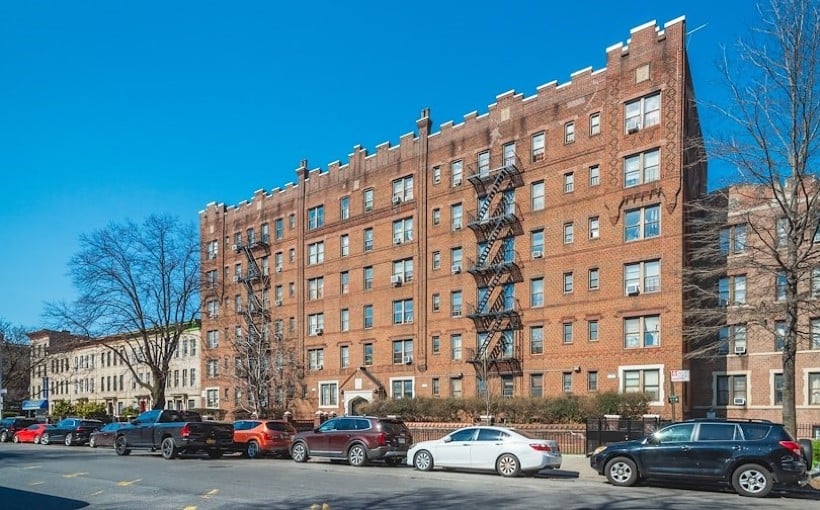The definition of “green” or “sustainable” in commercial properties is becoming clearer. However, many building owners still find the expense of green certification hard to justify due to a lack of clarity on the return on investment (ROI) factor. Chris Corsten, sustainability consultant with EBI Consulting, has extensive experience helping owners understand the value and process for achieving certification. Recently Corsten was asked about industry members’ continued belief that certifications are not cost-effective; his answers appear below.
Q: Although developers of new properties frequently include certifications when discussing their project’s attributes, other property owners see certifications as not being cost-effective. What are some reasons why?
A: This largely depends upon market demand – if renters are willing to pay a premium for greener buildings then building managers will want to differentiate themselves by obtaining certifications; however if price is the main driver then there may be little incentive unless compliance demands from investors or government push them towards it.
Q: Younger industry members tend to be more environmentally aware compared with veterans – do you find that they can influence senior management into pursuing certification?
A: Generally speaking I have found that any push towards green initiatives must come from top management and younger executives can only influence this decision if they can demonstrate potential savings or efficiency gains which would provide an acceptable ROI in order for it make sense financially .
Q: One argument in favor of certifications is that those who avoid them may eventually be left behind – what positive effects could this have on NOI and market appeal?
A : Again this varies between markets but generally speaking having certified green attributes typically leads both higher rental prices where appropriate as well as tenants staying longer once accustomed these amenities due lower utility costs associated with efficient buildings .
Q : What does ROI look like when considering such investments ? Are there benefits which might become apparent quickly ?
A : According 10 year study , LEED certified buildings earned 3 . 7 % higher rents & 4 % higher occupancy rates while Energy Star achieved 2 . 7 % & 9 .7% respectively ; certain projects such LED lighting upgrades offer quick returns within few years whilst larger projects like HVAC replacements take longer depending upon extent changes made ; water upgrades e g changing faucet aerators high flow low flow often pay off months rather than years ..
Q : Not all certificates require same level expenditure nor complexity – what smaller/easier ones exist & advantages pursuing these ? A : Two examples include IREM Certified Sustainable Property dealing efficiencies waste saving measures cheaper easier replacement LEED plus Fitwel focusing health aspects cheaper easier alternative WELL Certification — advantage here showing similar credentials at reduced cost implementation time .. Pictured Indeed Tower Austin , LEED Platinum certified




